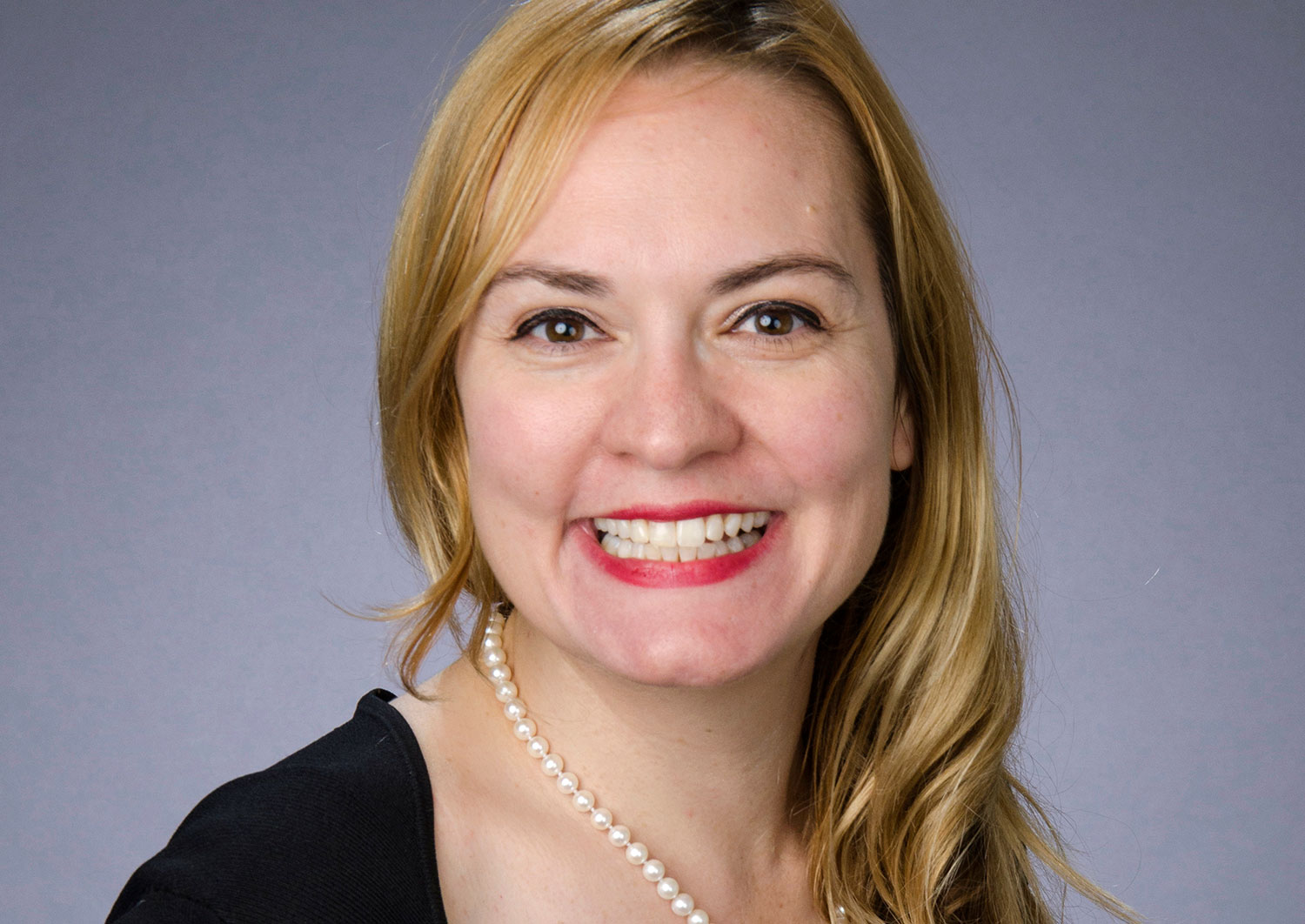Christine Kirkpatrick Appointed Executive Director of the National Data Service
U.S. data consortium experiencing critical growth selects first executive director
Published Date
By:
- Jan Zverina
Share This:
Article Content

Christine Kirkpatrick
The National Data Service (NDS) – a U.S. consortium focused on helping scientists and researchers find, reuse, and publish data – has named Christine Kirkpatrick as its first executive director.
Kirkpatrick is Division Director for IT Systems & Services at the San Diego Supercomputer Center (SDSC) at the University of California San Diego and deputy director and co-principal investigator of the National Science Foundation-funded West Big Data Innovation Hub. She will continue to serve in these roles. Prior to her new appointment, Kirkpatrick was chair of the consortium’s Technical Advisory Committee.
The NDS, which is hosted by the National Center for Supercomputing Applications (NCSA) at the University of Illinois at Urbana-Champaign, is a multi-disciplinary consortium of research computing centers, agencies, libraries, publishers and universities focused on developing an open environment of data services. These services are federated, interoperable, and integrated at a national-scale with guidance from the group’s stakeholders: researchers, scholars, and policy makers.
“I'm thrilled that Christine is taking the lead to help realize the vision for the National Data Service that we set out to achieve when we started this impactful project,” said Bill Gropp, acting director and chief scientist at NCSA. “She is skilled and passionate and the NDS will benefit greatly from her leadership.”
“Christine brings a wealth of experience, energy, and enthusiasm at a time of critical growth of the NDS and I look forward to working with her in this role,” said John Towns, former interim director of NDS and Executive Director of Technology at NCSA.
“Christine is the perfect candidate for all of these roles,” said SDSC Director Michael Norman. “Her 360-degree experience in enterprise architectures, system integration, and implementation of large-scale storage, cloud, and computational resources is second to none.”
“Christine has the combination of technical, organizational, and management skills that is needed to move NDS forward,” said Bob Hanisch, director of the Office of Data and Informatics Material Measurement Laboratory at the National Institute of Standards and Technology and chair of the NDS steering committee. “I look forward to working with her and seeing the progress that will be made under her leadership.”
As the NDS leader, Kirkpatrick will focus on developing a seamless and robust, ready-to-use data service for managing the increasing array of data-driven research products.
“There are tremendous opportunities to support the increasing complexity of research by lowering the barrier to using data,” added Kirkpatrick. “Australia and the EU already have well-developed national data strategies. It is the right time for universities, computing centers, publishers, and agencies to band together to create this for the U.S.”
Kirkpatrick has extensive teaching experience and expertise in developing associated technologies, especially those needed for effective online teaching. She founded UC San Diego’s Instructional Web Development Center, which offers [Office1] tools and assistance to faculty using web-based resources in their courses. She also taught at UC San Diego Extension for more than a decade, where she helped launch the Teaching Online Certificate and taught credential courses in curriculum development and technology-enhanced instruction.
Kirkpatrick holds a master’s degree in Architecture-based Enterprise Systems Engineering Leadership from UC San Diego’s Jacobs School of Engineering. Kirkpatrick joined SDSC in 2012 and has been with UC San Diego since 1996. She retains her current responsibilities at SDSC.
About SDSC
As an Organized Research Unit of UC San Diego, SDSC is considered a leader in data-intensive computing and cyberinfrastructure, providing resources, services, and expertise to the national research community, including industry and academia. Cyberinfrastructure refers to an accessible, integrated network of computer-based resources and expertise, focused on accelerating scientific inquiry and discovery. SDSC supports hundreds of multidisciplinary programs spanning a wide variety of domains, from earth sciences and biology to astrophysics, bioinformatics, and health IT. SDSC’s Comet joins the Center’s data-intensive Gordon cluster, and are both part of the National Science Foundation’s XSEDE (Extreme Science and Engineering Discovery Environment) program.
Share This:
You May Also Like
Stay in the Know
Keep up with all the latest from UC San Diego. Subscribe to the newsletter today.



